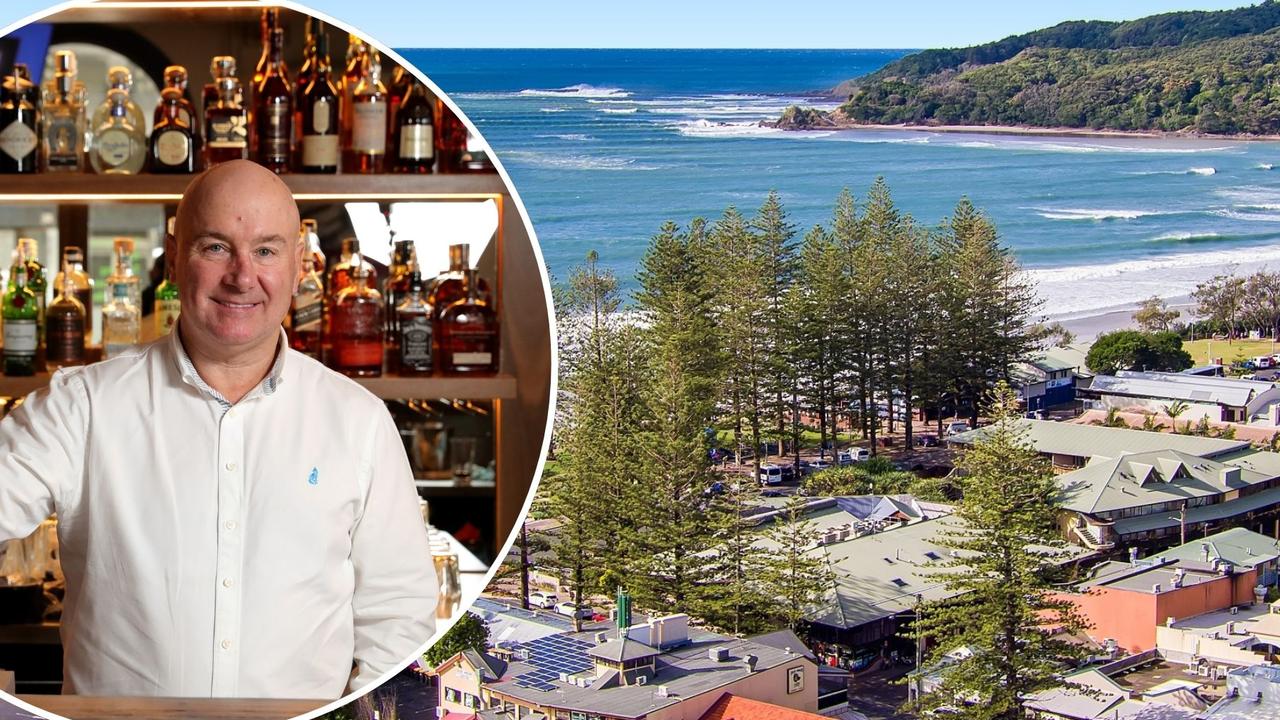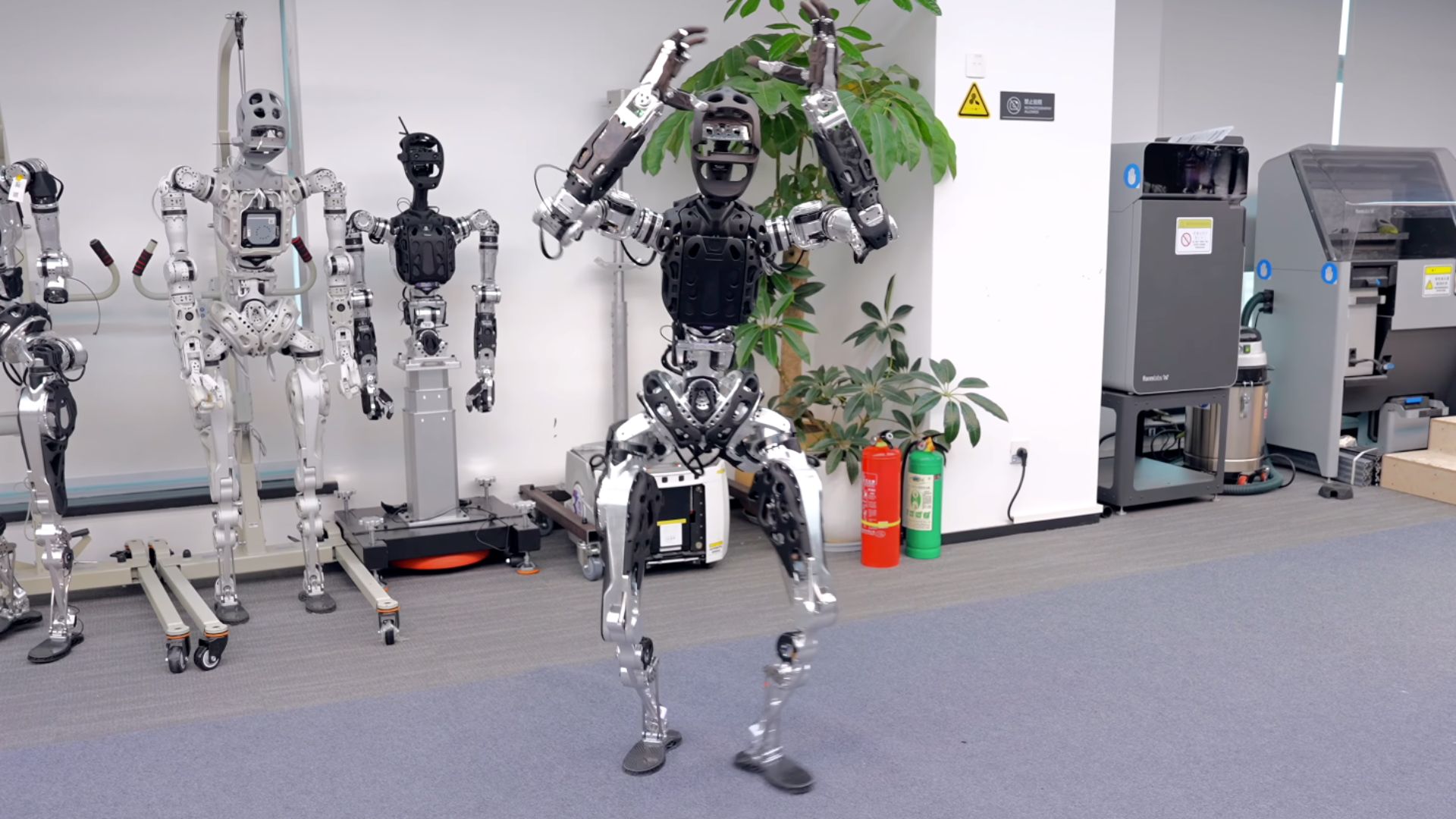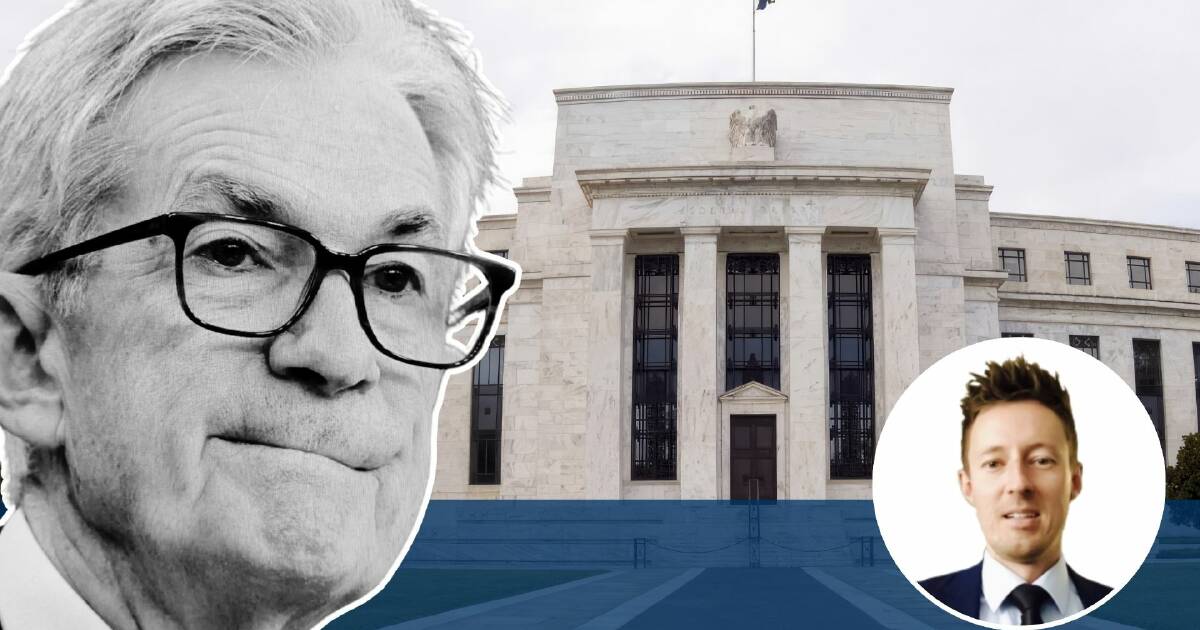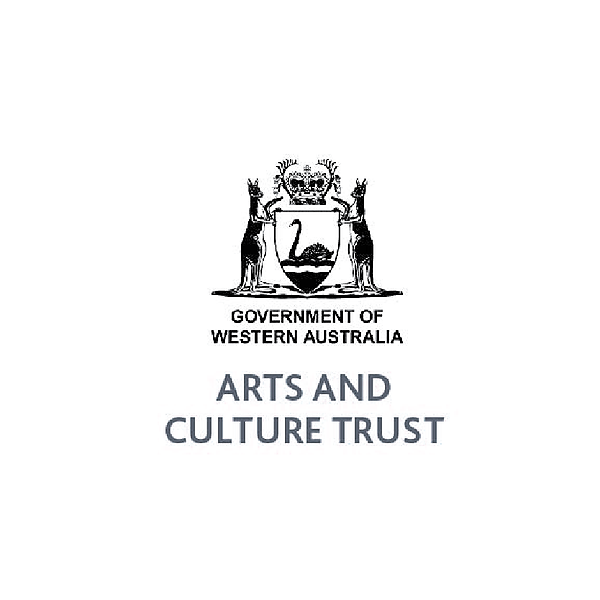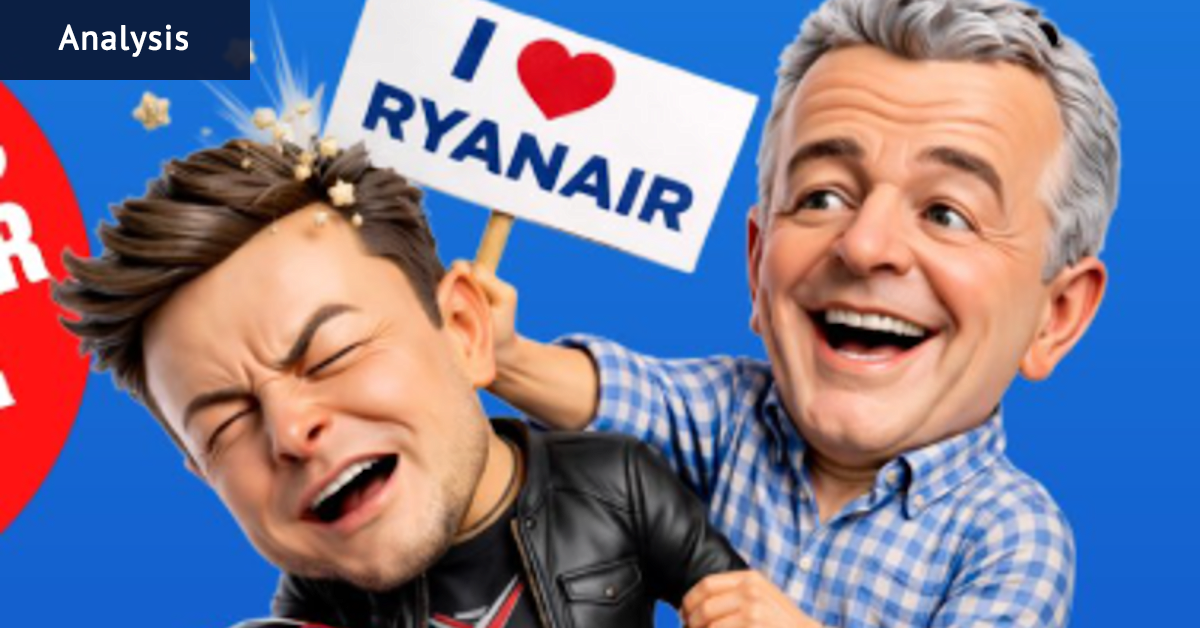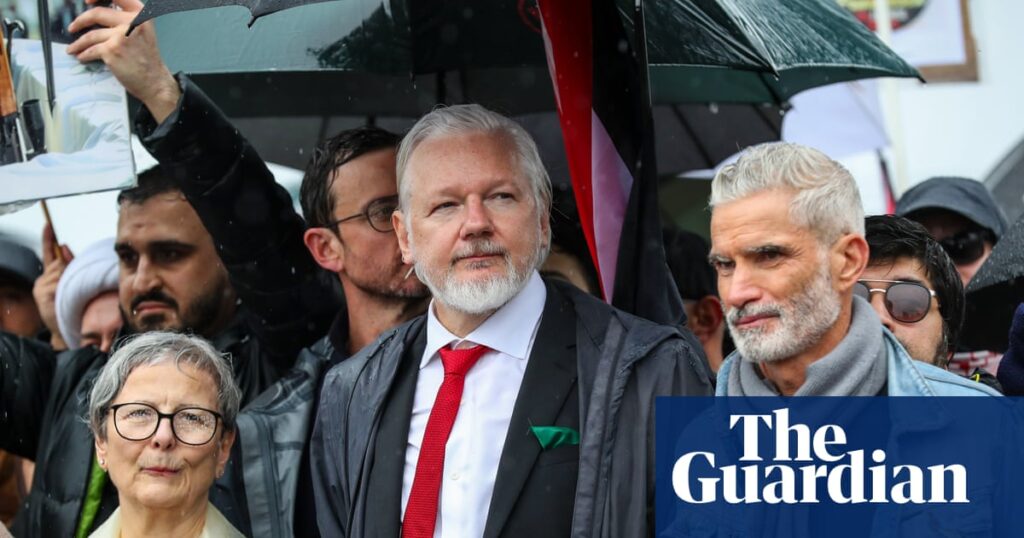
Tens of thousands of pro-Palestine demonstrators, including high-profile figures like Julian Assange, Bob Carr, and Ed Husic, took to the streets of Sydney on Sunday, marching across the iconic Sydney Harbour Bridge. The protest aimed to condemn Israel’s actions in Gaza and draw attention to the humanitarian crisis affecting children in the region.
The march, which began in Lang Park under chilly and rainy conditions, saw the world-famous bridge closed to traffic at 11:30 a.m. Protesters, carrying Palestinian flags and signs, walked north to Bradfield Park. However, around 3 p.m., New South Wales (NSW) police intervened, citing safety concerns and ordering the march to halt via a mass text message sent to phones across the city.
“Message from NSW Police: In consultation with the organisers, the march needs to stop due to public safety and await further instructions,” read the message. A police helicopter hovered above, broadcasting instructions for the protesters to turn back towards the city.
Massive Turnout and Police Intervention
The protest’s turnout was a point of contention. While a spokesperson for the rally’s organiser, Palestine Action Group, claimed police estimated the crowd at 100,000, they believed the actual number was closer to 300,000. The demonstration was a significant show of support for the Palestinian cause, with participants including Indigenous actor Meyne Wyatt and former Socceroo Craig Foster.
Greens Senator Mehreen Faruqi addressed the crowd before the march, criticizing the federal government’s stance on Israel and applauding the protesters for “defying Chris Minns,” the NSW Premier. “It was never about logistics… It was always about stopping us and silencing us,” she declared.
Despite police rejecting an initial application to facilitate the march due to concerns over traffic management and potential crowd crush, the NSW Supreme Court permitted the protest to proceed on Saturday.
Voices from the Protest
Among the diverse crowd, a British protester named Dan held a sign reading “Gay Jews 4 Gaza,” expressing his belief that the Jewish community should speak out against the Israeli state. “I grew up in a north London Jewish community… I think it’s important for people within the community to stand up,” he said.
Philomena McGoldrick, a registered nurse and midwife with experience working in Gaza, shared her heartbreak over the images of starving children. “Innocent babies have no colour, no religion, no language. In this day and age… it’s heartbreaking,” she remarked.
High-Profile Participation and Political Implications
Julian Assange, making a rare public appearance since returning to Australia after a prolonged extradition battle, was seen alongside Bob Carr. Carr, a former NSW Premier and federal foreign affairs minister, has been vocal about the need for Australia to sanction Israel and recognize Palestinian statehood. “It would send a message that we are turned inside out with disgust by what appears the deliberate starvation of Gaza,” Carr stated.
Federal Labor MP Ed Husic echoed Carr’s sentiments, urging the Albanese government to follow the UK, Canada, and France in recognizing Palestinian statehood. “People power has come out… they just cannot abide the treatment that has been seen of little kids,” Husic commented.
Fifteen NSW politicians, including Labor’s Stephen Lawrence and Anthony D’Adam, signed an open letter calling for a safe and orderly event, highlighting the political tensions surrounding the protest.
National and International Reactions
Meanwhile, in Melbourne, pro-Palestinian protesters faced similar challenges. Planned demonstrations to shut down King Street Bridge were thwarted by police in riot gear. Video footage shared on social media depicted police blocking the bridge, and Victoria Police stated they would release a statement later in the day.
Transport for NSW advised residents to avoid non-essential travel around Sydney’s central business district and northern areas due to the disruptions caused by the protest.
The events in Sydney and Melbourne reflect a growing global movement advocating for Palestinian rights and challenging governmental policies perceived as supportive of Israel. As public demonstrations continue, the political landscape in Australia may face increasing pressure to address these complex international issues.


